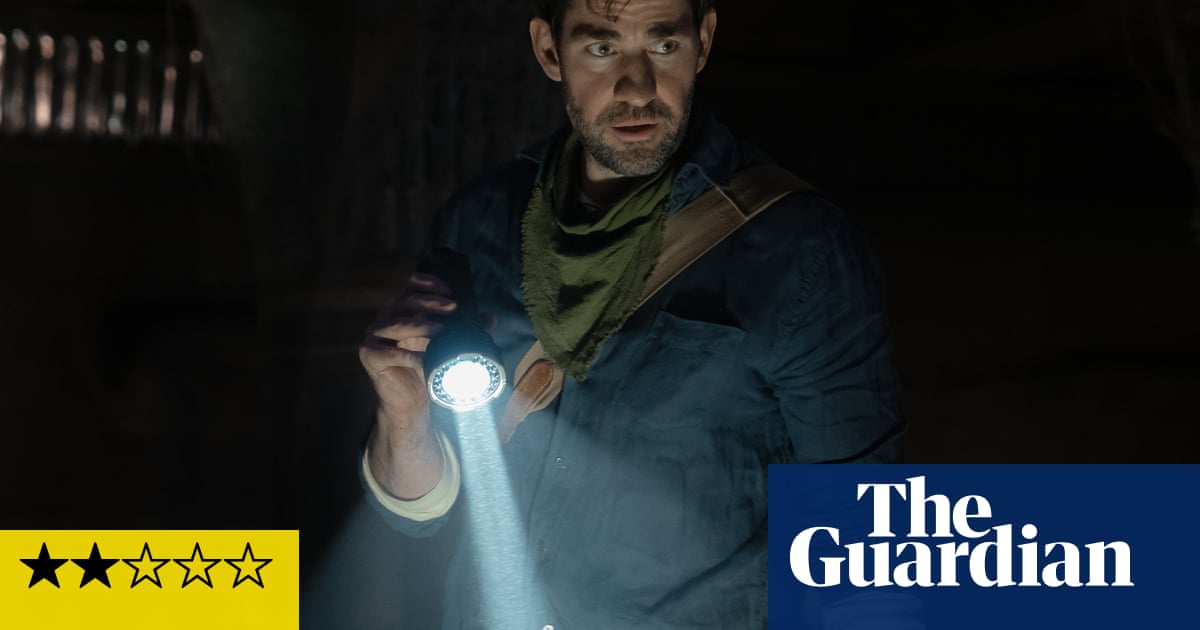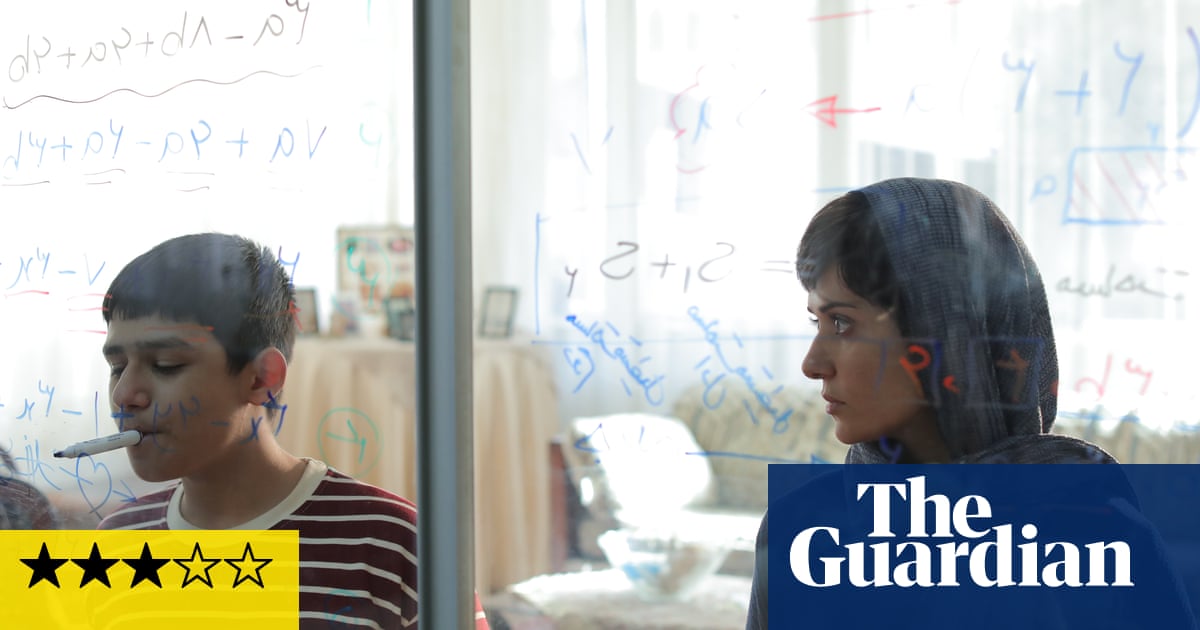Nadav Lapid’s Yes is a fierce, stylised, confrontational caricature-satire that invites a comparison with George Grosz, dialled up to 11 in its sexualised choreography and almost radioactive with political pain. With icy provocation, Israel’s ruling classes are presented as decadent and indifferent to the slaughter and suffering of Gaza. But the film is also in some ways a sympathetic study of a people haunted by the antisemitic butchery of 7 October.
It is inspired by the activist group Civic Front, which after 7 October released a new version of Haim Gouri’s classic song Hareut, or Fellowship, with jarring new lyrics calling for wholesale extermination in Gaza. A fictional version of this song features here, with lyrics about attacking the bearers of the swastika (as in the original) but also presents its audience with slick equivalence: the “Nazi” gotcha-comparison is levelled at Israel in a way that it isn’t at other countries. There is an odious Russian fintech bro here, commissioning jingoistic, nationalistic music; the suggested equivalence between Putin and Israel is presented without subtlety, although subtlety is maybe beside the point. One fourth-wall breaking scene has one man list the people who are supposedly anti-Israel: the BBC, CNN, the New York Times – and then turn furiously and directly to the camera: “… and you too are anti-Israel!”
Y (Ariel Bronz) is a musician and composer married to Yasmin (Efrat Dor) whose family’s money and connections promise a comfortable future for them both and their year-old baby in Tel Aviv. They are enjoying an almost frantic high life of partying, booze and drugs, amid people who want to affirm their reality, to show the world and each other that they are not to be cowed by terrorism and by those who want what they wanted before 7 October – an end to the state of Israel.
But Y is traumatised by the recent death of his mother and the reality of the family’s cramped conditions in a tiny flat. He composes a new, aggressively anti-Gaza song, apparently with the patronage of a wealthy Russian (played by Aleksei Serebyakov) and, brought to the edge of some profound emotional breakdown by the strain of processing the agony of 7 October and – perhaps – by the suspicion that the response is futile vengeance, Y abandons his family and heads off to reconnect with his old lover Leah (Naama Preis). Leah, a translator with access to restricted official documents, can give him the authentic details about the 7 October atrocity – details that Y simultaneously fears and demands. And he is seized with a desire to scream his poem, cruelly or cathartically, from Golani Hill, otherwise known as the Hill of Love, which overlooks Gaza City itself.
As before with Lapid, there are brilliant, showy set-pieces: the opening party scene is a marvel of extremity and nightmarish jaded sensuality. The point is evidently to suggest their heartlessness and solipsism – although this approach is not as powerful as the more plausibly real scenes showing Y with Leah. As one character says: “You are devastated by what it is to live in Gaza, but you don’t know what it is to be Israeli.” It is a paradox within which this film lives.

 4 hours ago
3
4 hours ago
3

















































